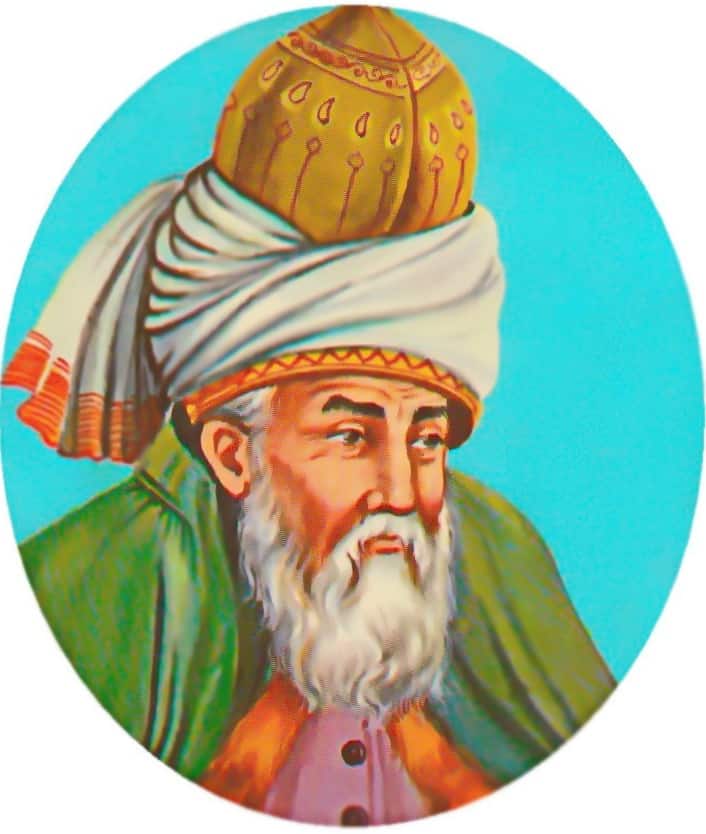Studying tasawwuf – what to read and what to avoid

Fix your foundation first
Reading Sufi books without proper knowledge or training from the well-educated people in this science, is not a good idea.
You can easily misunderstand what has been written or go in the wrong direction.
Scholars do not teach tasawwuf until their students understand fard ‘ayn
I remember my teachers (may Allah have mercy on them) would not let their students read books of purification (tasawwuf) until they had a proper foundation in the main principles of the sciences, which is the obligatory knowledge (fard ‘ayn) such as aqeedah theology, fiqh, Qur’an, Arabic, etc. All these main sciences which you need to understand the Sharia. Only then did they talk about purification.
Mullah Abdul Aleem az Zenki (may Allah have mercy on him), one of my teachers, said that if you do not understand basic knowledge, particularly aqeedah you might misunderstand the Sufi books.
The sequence of knowledge begins with the Quran not Rumi
In the supplication of Ibrahim (peace be on him) the first thing he asked was for Allah Almighty to send a messenger from among the Arabs to recite the Book to them, and teach them the Book and the Wisdom, and the last thing he asked for was tazkiyah (purification).
رَبَّنَا وَابْعَثْ فِيهِمْ رَسُولًا مِّنْهُمْ يَتْلُو عَلَيْهِمْ آيَاتِكَ وَيُعَلِّمُهُمُ الْكِتَابَ وَالْحِكْمَةَ وَيُزَكِّيهِمْ ۚ إِنَّكَ أَنتَ الْعَزِيزُ الْحَكِيمُ
Our Lord, and raise up among them a messenger, of themselves, who will recite to them Your revelations, and teach them the Book and wisdom, and purify them. You are the Almighty, the Wise.”(2:129).
Of course you can combine them, but you need somebody who is well educated in the sciences – aqeedah, fiqh and purification, as it can be harmful without proper understanding.
Good resources on tasawwuf
What I would recommend reading on tasawwuf is Risalatul Mustarshideen by Imam al Muhasibi, which is my favourite book on that topic. He is an early scholar from the 3rd century, before Imam Ghazali. I delivered a course on the purification of the heart based on passages from it. Imam Ghazali’s work is filled with wisdom.
Also I love Imam Ibn Atta Allah Iskandari’s books, such as his beautiful collection of aphorisms, Al Hikam Al-‘Ataiyyah, is one of my favourites and Al-Munajat Ilahiyyah. There are many other books but these two are the ones I always refer to and which I feel are very balanced.
The best sources on tasawwuf do not go outside the boundaries of Islam
Those books are not, with my respect, what we call shatahat in Arabic – airy fairy. They do not go outside the boundaries, or need explanation and alteration.
I like to take my students through texts that are straight forward, without complications and issues. Otherwise it would confuse them, to first get bogged down in the issues, then get them out. It is better not to get them confused in the first place. That has been my policy since I started teaching 30 years ago.
I have been influenced by our teachers, who were great teachers mashallah and top in the area of tazkiya, like Mullah Abdul Aleem Zenki, from Syria, of Kurdish origin. He was a friend of Shaykh Said Ramadan Al Bouti’s father, Mullah Ramadan, who was also Kurdish. I studied with all three as well as Shaykh Adib al Kallas and many others.
Rumi
Beginners should NOT read Ar-Rumi, Ibn Al-Farid or Ibn Arabi’s Fusoos ul Hikam. There are three different translations of it n English by different translators, available on line and people love to read it! I say, ‘Read the Quran first!’
Some people read Rumi’s Mathnawi instead of the tafseer of the Quran because they believe it had the Quran and Sunnah and Tafseer incorporated in it. This is real misunderstanding and the wrong priority. You cannot replace the Quran with Rumi.
Without doubt there are some useful quotes from Rumi but don’t make it your priority. Quran and Sunnah and obligatory knowledge should be your priority
Rumi, Ibn Arabi, Ibn Sib’een, Ibn Al-Faarid, Al Hallaaj are the most controversial characters. Steer clear of them. Acquire your fard ‘ayn knowledge first, i.e. learn your obligatory knowledge first, then when you have the right foundation, you can progress to read other material.
Allah will not ask you if you read Rumi, but He will ask you if you read the Quran, prayed, fasted, pay Zakat, handled your financial matters and conducted your business in a halal way, and treated your parents, spouse, siblings and children as He instructed. Once you have understood these basic aspects of Islam, get to know the seerah. Then by all means, move on to scholars like Rumi.
If you have not yet finished your foundation and you go and read something like that, you may just fall from the cliff.
Shaykh Haytham Tamim
- How Allah strengthens the hearts of believers
- Why should you follow up one good action with another one?
- Don’t be a Ramadani person – Be a Rabbani person.
- How do you pray Salat al-Kusuf – the prayer during a solar eclipse
- The test of will – Tarawih Reflections 30

Recommended Posts

When can you fast after Eid?
April 07, 2024

Is it permissible to take out a student loan?
April 02, 2024

